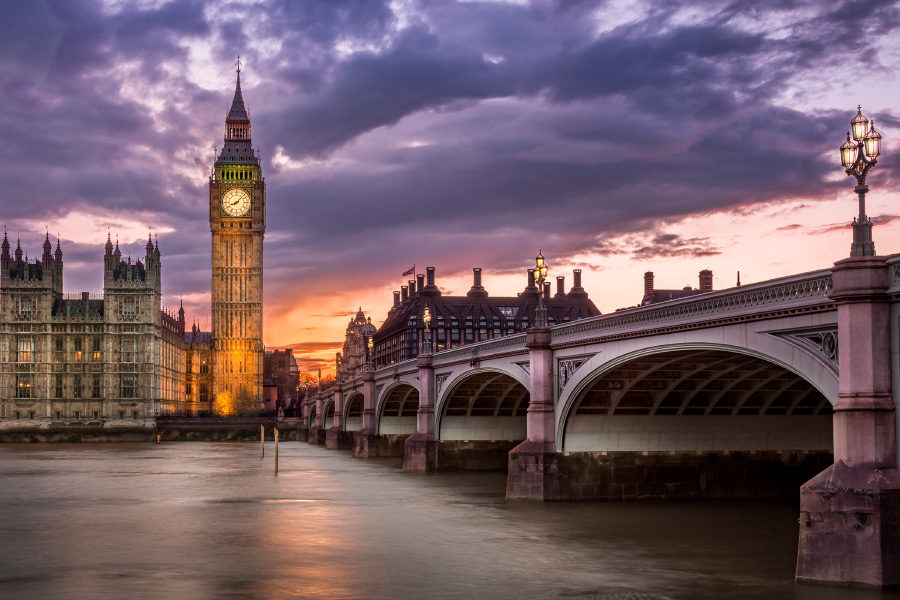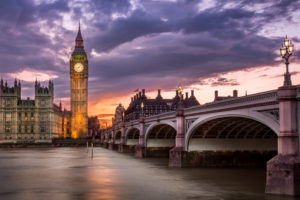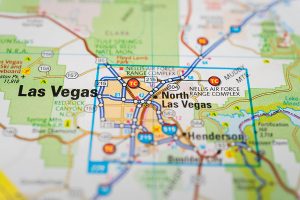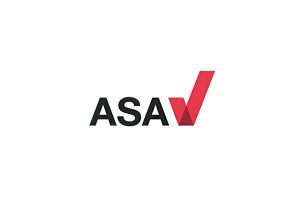PWC study: illegal gambling in Britain more than doubles

The number of British players gambling via unlicensed websites has grown by 119 per cent since 2018, according to a new study by PWC.
UK.- The number of British players gambling on unlicensed gaming sites doubled in 2020, according to a new study by the professional services company PWC.
Commissioned by the gambling trade body the Betting and Gaming Council (BGC), ‘The Review of unlicensed online gambling in the UK’ estimates that 460,000 people used unlicensed gambling sites in 2020.
That’s an increase of 119 per cent from the 210,000 people who were found to use illegal sites in a previous study commissioned by GVC Holdings (now Entain) and William Hill in 2018.
The increase comes despite unlicensed sites becoming less visible on Google and suggests a lack of public awareness of the black market.
The study concluded: “While unlicensed operators appear to be less visible to unsuspecting UK customers now than they were in 2018-19, there is evidence of growing use and spend of these operators.”
Four metrics were used to measure the growth of unlicensed online gambling: public awareness of unlicensed operators, public usage of unlicensed sites; spending on such sites and the proportion of unlicensed sites that appear in Google search results.
The first three were measured via a survey of 2,363 active British gamblers in November and December 2020. Participants were asked about gambling activity in the last 12 months, including through 19 of the biggest unlicensed brands.
The fourth category was measured by examining the first 10 pages of Google search results. This was based on 47 search terms for betting and igaming, none of which were specific searches for unlicensed sites.
Public awareness of unlicensed gaming sites fell slightly, down from 47 per cent in the 2019 GVC/William Hill study to 44 per cent. However, both use and spending on unlicensed sites increased.
The proportion of people that used an unlicensed site more than doubled from 2.2 per cent to 4.5 per cent, representing around 460,000 people when extended to the general population.
The study found that the figure was backed up by analysis of web traffic data, which showed an 85 per cent increase in traffic to 11 unlicensed sites.
Usage increased across every vertical but particularly in bingo, for which the use of unlicensed sites increased 0.7 per cent to 2.8 per cent.
Poker had the second-highest growth rate and the highest usage overall.
Meanwhile the amount spent on illegal gambling sites almost doubled, up from 1.2 per cent of total stakes in 2018 to 2.3 per cent in 2020. Extrapolated to the entire British population that would represent spending of £2.8bn, up from £1.4bn in the previous survey.
The study found that the proportion of unlicensed sites in Google search results fell sharply, from 12 per cent to 5 per cent. However, part of the reason was a change in Google’s algorithm to favour sites with higher traffic.
That saw the total number of unique operators, both licensed and unlicensed, fall by 41.9 per cent.
How players choose an operator.
Asked by the survey to name the most important factors when choosing an operator, players listed trust, followed by the convenience of withdrawal options and competitive odds.
But players who used unlicensed sites listed the ability to bet large amounts, the offer of different bets or games, and the ability to place live bets.
Players also tended to say that unlicensed operators had easier registration processes, a wider range of offerings, easier withdrawals and a better reputation.
The survey found that changes in registration requirements such as affordability checks could lead more than 30 per cent of players to look for new operators.
Moreover, 18 per cent of respondents said they might look to other operators if monthly stake limits were introduced, and 27 per cent might choose to gamble on unlicensed sites if maximum slot stakes were introduced.
Ilegal gambling in Europe
The survey also compared British figures to other countries in Europe.
It found that the British unlicensed market was smaller than most other countries but that this was due to lower tax rates and fewer restrictions on the licensed market.
It noted that countries with much more limited legal markets, such as Norway and France, had the highest levels of unlicensed GGR.
British licensed operators have called on the UK lawmakers to take the study into account in their review of British gambling legislation.










